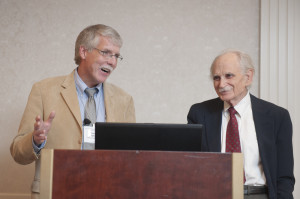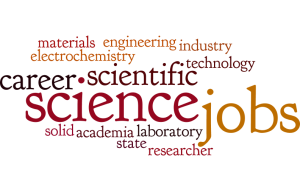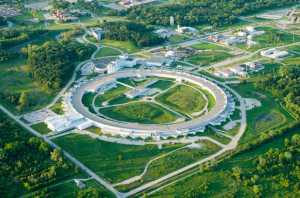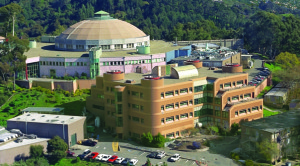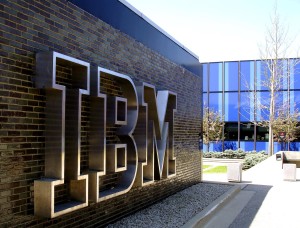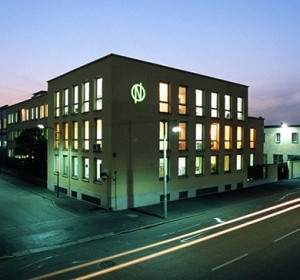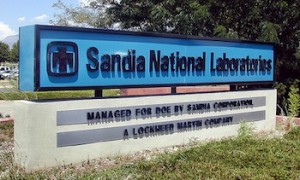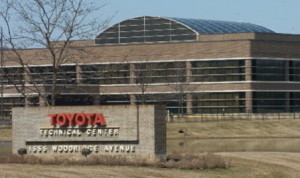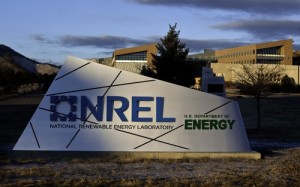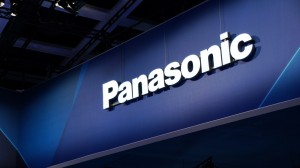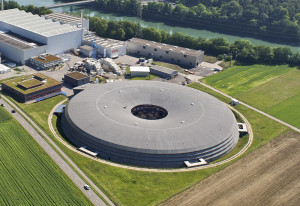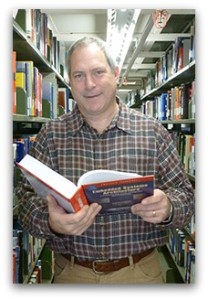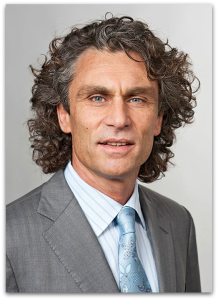ECS will be offering five short courses at the 229th ECS Meeting this year in San Diego.
What are short courses? Taught by academic and industry experts in intimate learning settings, short courses offer students and professionals alike the opportunity to greatly expand their knowledge and technical expertise.
Short Course #2: Fundamentals of Electrochemistry: Basic Theory and Thermodynamic Methods
Jamie Noël, Instructor
This course covers the basic theory and application of electrochemical science. It is targeted toward people with a physical sciences or engineering background who have not been trained as electrochemists, but who want to add electrochemical methods to their repertoire of research approaches. There are many fields in which researchers originally approach their work from another discipline but then discover that it would be advantageous to understand and use some electrochemical methods to complement the work that they are doing. The course begins with a general, basic foundation of electrochemistry and uses it to develop the theory and experimental approaches to electrochemical problems of a thermodynamic nature. It complements a sister course, “Fundamentals of Electrochemistry: Basic Theory and Kinetic Methods”, offered alternately by the same instructor. The two courses have different emphasis, and each is designed to be a stand-alone introduction to electrochemical fundamentals. If both courses are desired, they can be taken in either order.


